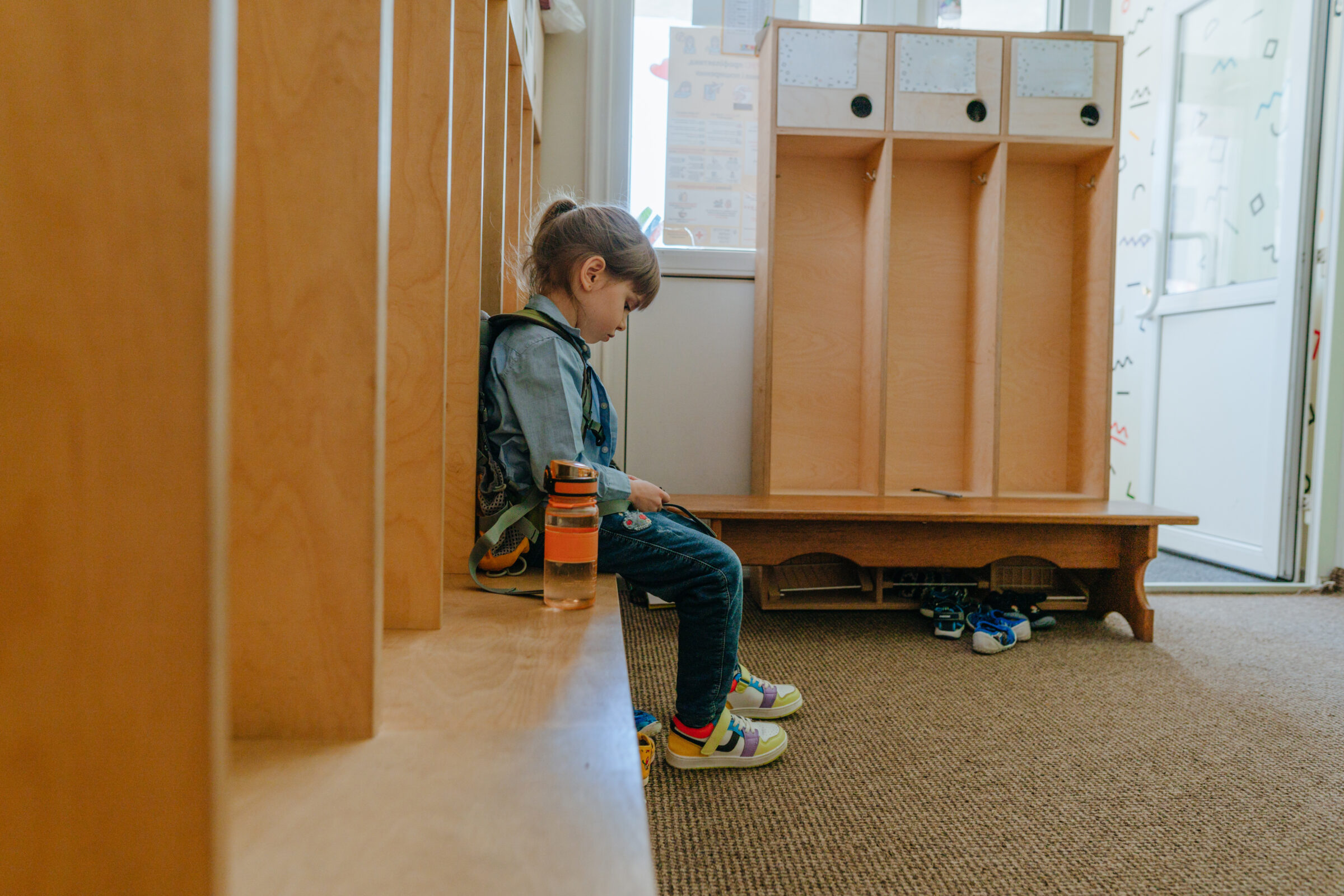


Wesley J. Smith Makes the Case Against Assisted Suicide on Chicago’s Morning Answer
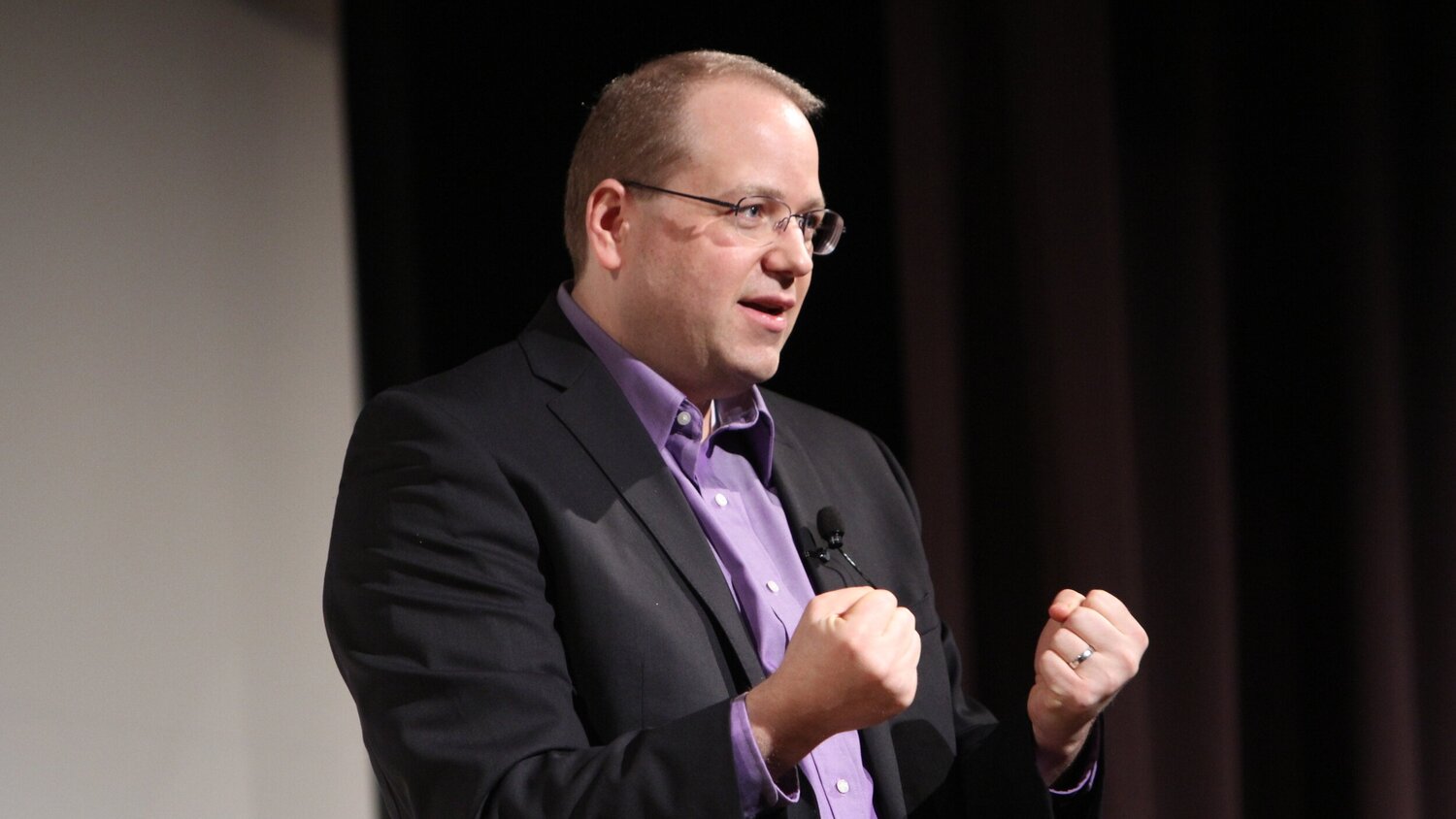
Thomas Linzey on the Nature Rights Movement
Most people support responsible environmental policies but may be unaware of how radical the leading edge of the movement has become as an increasing number of activists support granting personhood rights to nature. Is nature rights a subversive threat to human exceptionalism and our thriving or is it the next necessary step in society’s moral growth and key to preventing a catastrophic environmental collapse as its adherents claim? Let’s find out. Wesley’s guest is one of the primary founders of the nature rights approach. Thomas Alan Linzey, serves as Senior Legal Counsel for the Center for Democratic and Environmental Rights, an organization committed to globally advancing the legal rights of nature and environmental rights. He is the co-founder of the Community Environmental Legal Defense Fund (CELDF) and is widely recognized as the founder of the contemporary “community rights” and “rights of nature” movements. Linzey is a cum laude graduate of Widener Law School and a three-time recipient of the law school’s public interest law award. He is a co-founder of the Daniel Pennock Democracy School – now taught in twenty-four states across the country which has graduated over 5,000 lawyers, activists, and municipal officials – which assists groups to create new community campaigns which elevate the rights of those communities over rights claimed by corporations. Linzey is the author or co-author of several books on community activism and civil disobedience. He assisted the Ecuadorian constitutional assembly in 2008 to adopt the world’s first constitution recognizing the independently enforceable rights of ecosystems, and is a frequent lecturer at conferences across the country. The Center on Human Exceptionalism is most pleased Linzey agreed to join the podcast, during which he and Wesley have a discussion not an argument. Center for Environmental Rights Nature Rights with Thomas Linzey | YouTube Rights of Nature: An Interview with Thomas Linzey | Bioneers Debate Between Wesley J. Smith and Thomas Alan Linzey on the Nature Rights movement | Discovery Institute War on Humans | Wesley J. Smith The return of nature worship | Acton Institute
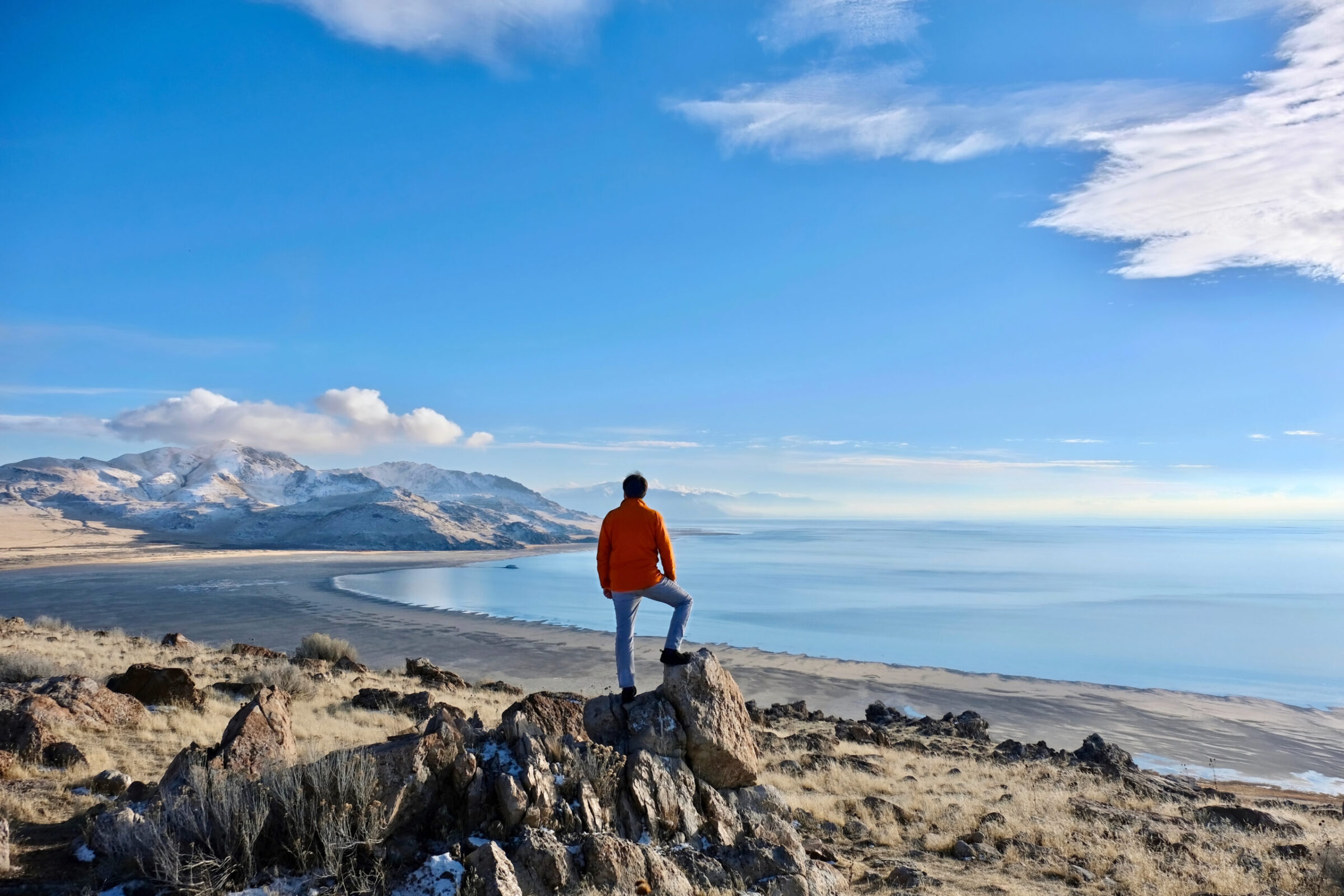
Utah Outlaws Nature Rights

The “Health Community” Versus Fossil Fuels
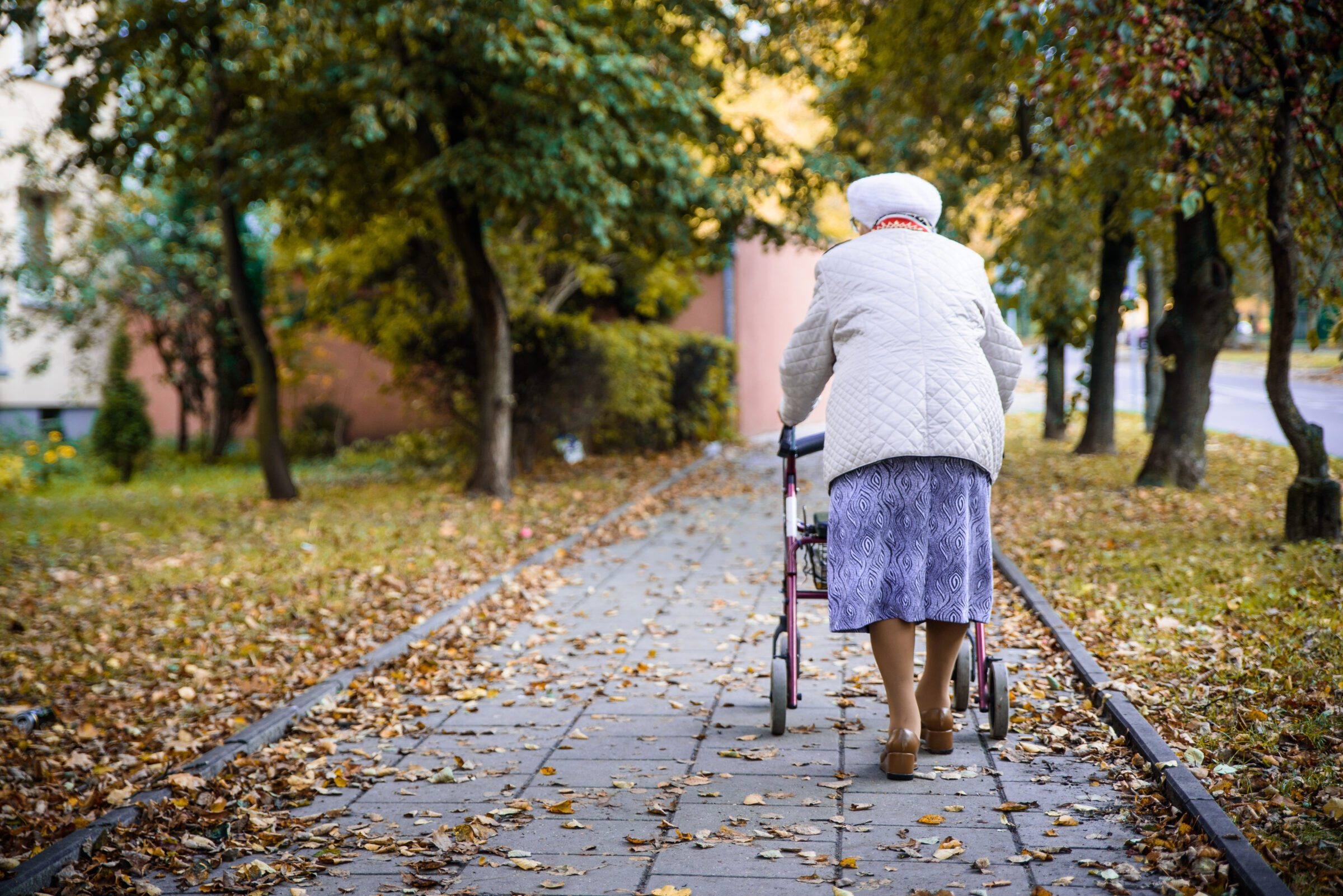
Belgian Health-Fund President: Euthanize Old People to Save Money

A Market in Human Kidneys Is a Bad Idea

What Comes after Transgender? Doctor Amputates Man’s Healthy Fingers
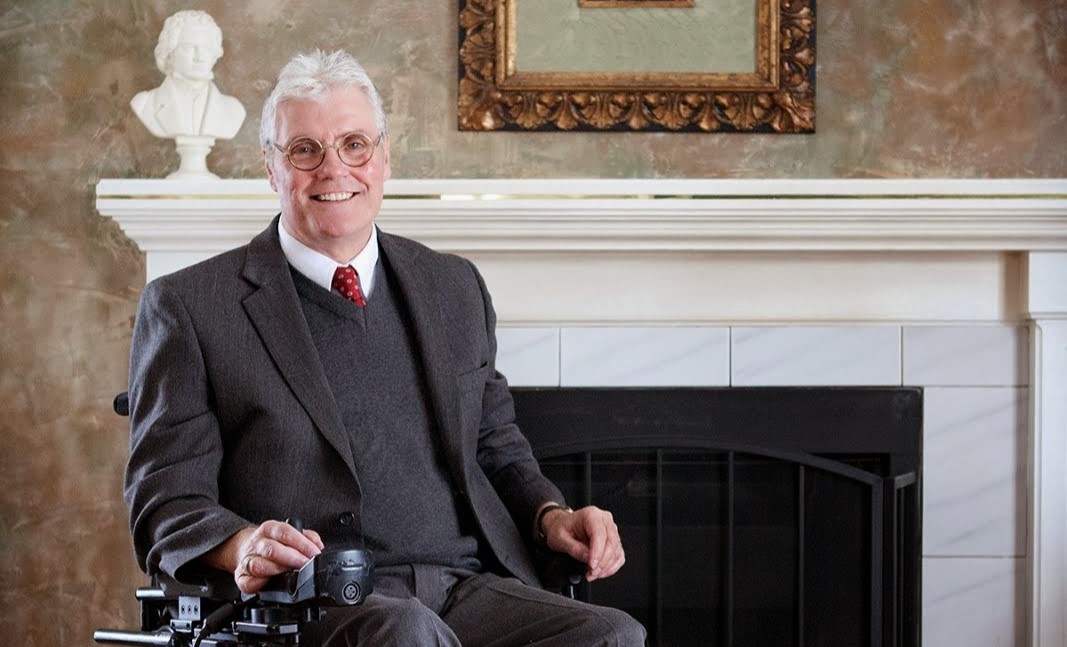
Mark Davis Pickup on Living with Intense Suffering and Experiencing a Miraculous Healing
We live in a time in which eliminating suffering is considered by many to be society’s ultimate purpose. Too often, this leads to policies that eliminate suffering by eliminating the sufferer. Still, for those not experiencing intense pain or anguish, arguing for improved care instead of increased access to assisted suicide or euthanasia can seem like a blithe platitude. “If you were really suffering,” I have heard repeatedly in my more than thirty years involved with these issues, “you would sing a different tune.” Perhaps. But many people who suffer intensely sing from the same songbook. One, is my good friend and guest for this episode of Humanize, Mark Pickup. Pickup has experienced the intense terror and anguish caused by disabling and progressive multiple sclerosis over several decades. Yet, in the midst of his intense pain, he became one of North America’s most prominent public speakers seeking to help others maneuver their way through travail and to find meaning even in the most difficult life circumstances. He is also a noted Christian apologist. Pickup has addressed politicians in Canada and the United States, churches and denominational leaders, universities, high schools and community groups, hospital medical staffs, local, state, and provincial pro-life conventions as well as keynote speaker to U.S. National Right to Life Prayer Breakfasts (2001, 2005, and 2010). Pickup is extensively published in Canadian and U.S. media and has appeared on innumerable radio and television programs warning against a cultural drift toward euthanasia acceptance. Mark has received numerous awards for his work including the Monsignor Bill Irwin Award for Ethical Excellence (Canada) and a Governor General’s Medal for community service. He writes the Human Life Matters blog that deals with issues of the sanctity of human life and other matters of cultural concern. HumanLifeMatters Mark Davis Pickup (@MarkDavisPickup) / X (twitter.com)
